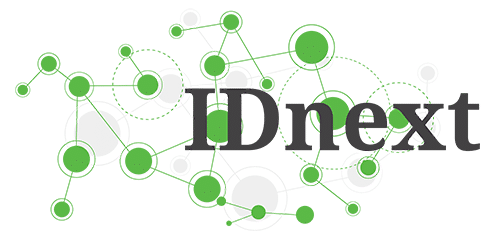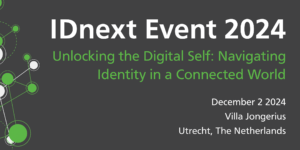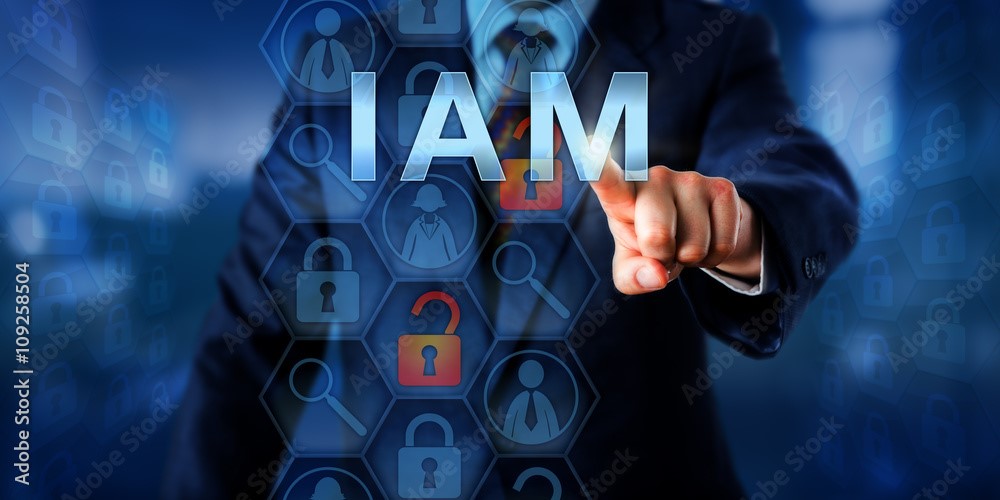Identity and Access Management is essential for securing the hybrid multicloud company. Intelligent and modern identity solutions deliver a frictionless and secure experience for every user, asset and data interaction providing a foundation for a zero-trust strategy. Zero-trust has become one of the most used buzzwords in the cybersecurity sector. It essentially means that to eliminate implicit trust and continuous validation of every stage of a digital interaction, a strategic approach to cybersecurity that secures an organization is required.
With IAM you will be able to grant access rights, provide sign-on from any device, enhance security with multifactor authentication (MFA), enable user lifecycle management and protect privileged accounts.
With the study IAM, you will learn to ensure that authorized users (and only authorized users) have access to the technology recourses they need to perform their job functions. This is achieved through utilizing software applications and attributes including user access right and restrictions based on the identity of certain users. A well-organized identity management system should prevent exfiltration of sensitive data and raise alarms when access attempts are made by unauthorized personnel or programs, whether from inside or outside of the company.
Identity Management solutions also aim to protect the hardware resources in an enterprise, for example servers, networks, and storage devices from unauthorized access which could lead to a ransomware attack.
The importance of IAM was revealed since the pandemic caused a lot of people to work remotely from home. By enabling people to work remotely, new threats to the sensitive information of a company are formed. For that reason, it is now more than ever crucial for a company where employees, managers and directors are working remotely to adapt themselves for a better strategic approach when considering securing their online experience. IAM is even more significant for an IT-specialist, who seeks to broaden or deepen their knowledge.
The difference between Identity Management and Access Management is the distinction between understanding which user is granted access to what resource. Identity Management is all about managing the attributes related to the user, groups of users, or other identity that may require access. Access Management is about evaluating those attributes based on existing policies and making a “yes” or “no” access decision based upon those attributes.

There is a valid reason to why businesses and individual professionals need identity management. A recent ISC study found that 80% of breaches and loss of access were due to identity access issues, namely weak or mismanaged credentials. If proper steps are not taken, passwords can become compromised and phishing attacks and ransomware attacks can become a reality. Since regulations regarding privacy and data secrecy legislations are frequently created or changed, IAM can help an organization stay in compliance with the regulations of governments and help ensure that only authorized users have access to certain data.
To learn more about Identity and Access Management at IMF Academy and the study itself click here. To learn more about IMF Academy, click here. For more information, please contact us at +31 (0)40 246 02 20 or info@imfacademy.com.







